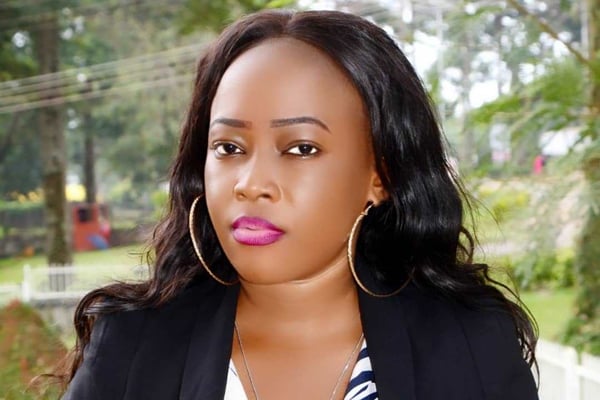Prime
Virus research centre resumes Ebola testing

Left to right: Dr Charles Olaro, the Director of Clinical Services at the Health ministry, Dr Stephen Reynolds, US Ambassador Natalie E Brown , UVRI executive director Prof Pontiano Kaleebu tour the new Virology laboratory on October 19, 2022. PHOTO/EVE MUGANGA
What you need to know:
- The institute now plans to send a team to Mubende District this week to support the mobile labs.
The Uganda Virus Research Institute (UVRI) in Entebbe has resumed Ebola testing after the Ministry of Health had blocked it two weeks ago.
Prof Pontiano Kaleebu, the UVRI executive director, said they had now resolved the matter with the ministry.
“There were some misunderstandings which we have sorted. We had a good meeting last week on Friday with the minister and other partners and we agreed on moving forward. UVRI is back to testing many samples coming from Kampala but also continues to be the reference laboratory to support the mobile lab,” Prof Kaleebu said on Tuesday.
He made the revelation while unveiling the new $500,000 (Shs1.9b) National Institute of Health (NIH) laboratories supported by the US government.
The laboratories will focus on conducting research on viruses of animal origin that infect humans. The labs in partnership with NIH will also strengthen collaboration with international scientists.
“Our lab is a national and regional reference not only for Ebola. We have a plan that our team will be in Mubende this week to support the mobile labs in terms of training but also continue with quality control and assurance so that we do a good job,” he added.
Prof Kaleebu also noted that there are plans to introduce two Ebola vaccines, one from Sabin, a US-based company with a vaccine, which is against the Sudan variant, and also the Oxford vaccine that has been made out of chimp cardinal.
“These vaccines have done very well in early phases one and two. They are safe but no other study has ever been done to show that they are preventing humans so the work that will be done will also be like a trial,” he said.
Dr Charles Olaro, the Director of Clinical Services at the Health ministry, who represented the line minister, Dr Jane Ruth Aceng, said they would examine different viruses to see whether they can make vaccines.
US hails new lab
US Ambassador Natalie E. Brown said the new laboratory will focus on vector-borne zoonotic pathogens via a “One Health” concept that incorporates human and veterinary health considerations. “Many emerging and re-emerging vector-borne pathogens are endemic in Uganda such as Crimean-Congo haemorrhagic fever virus, which has recently been detected in Uganda, Rift Valley fever virus, chikungunya, and yellow fever. These viruses are of priority public health concern and cause significant public and veterinary health costs. Therefore, this lab will be of good benefit,” Ms Brown said.





